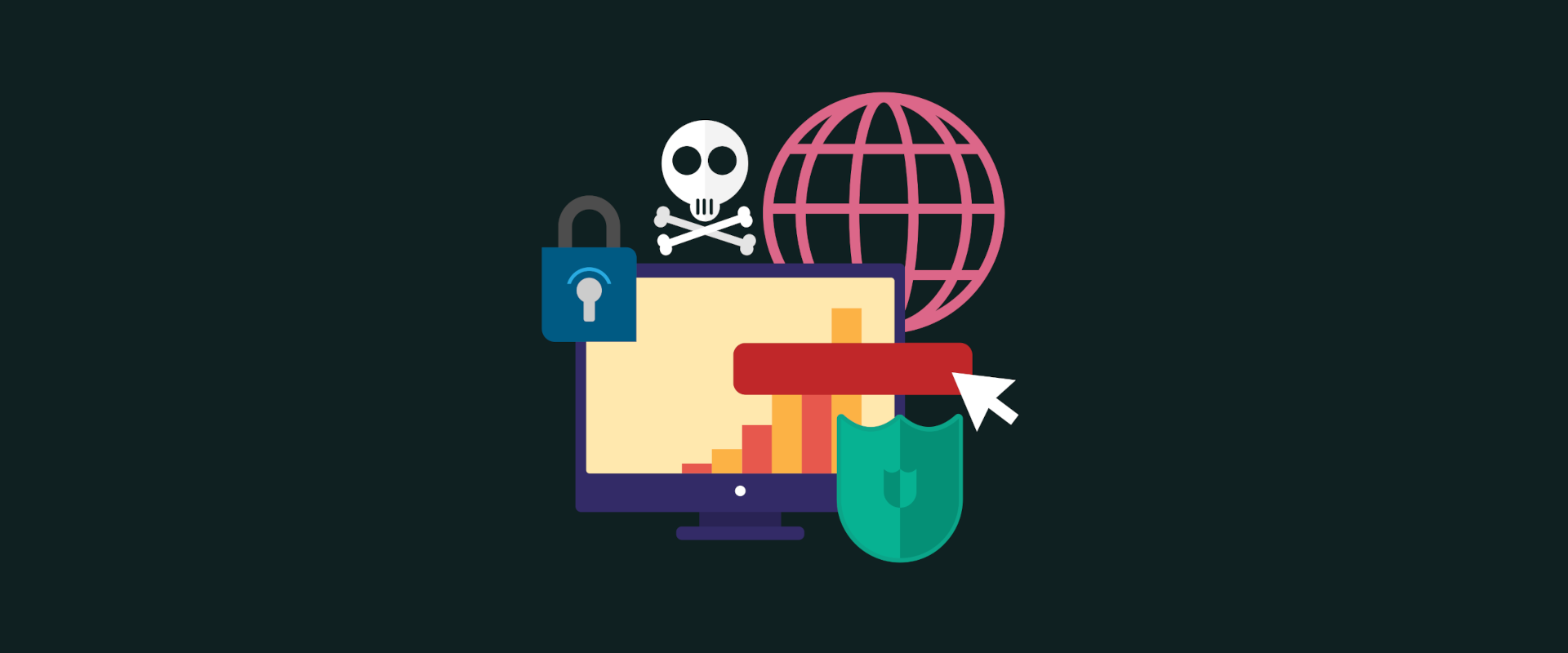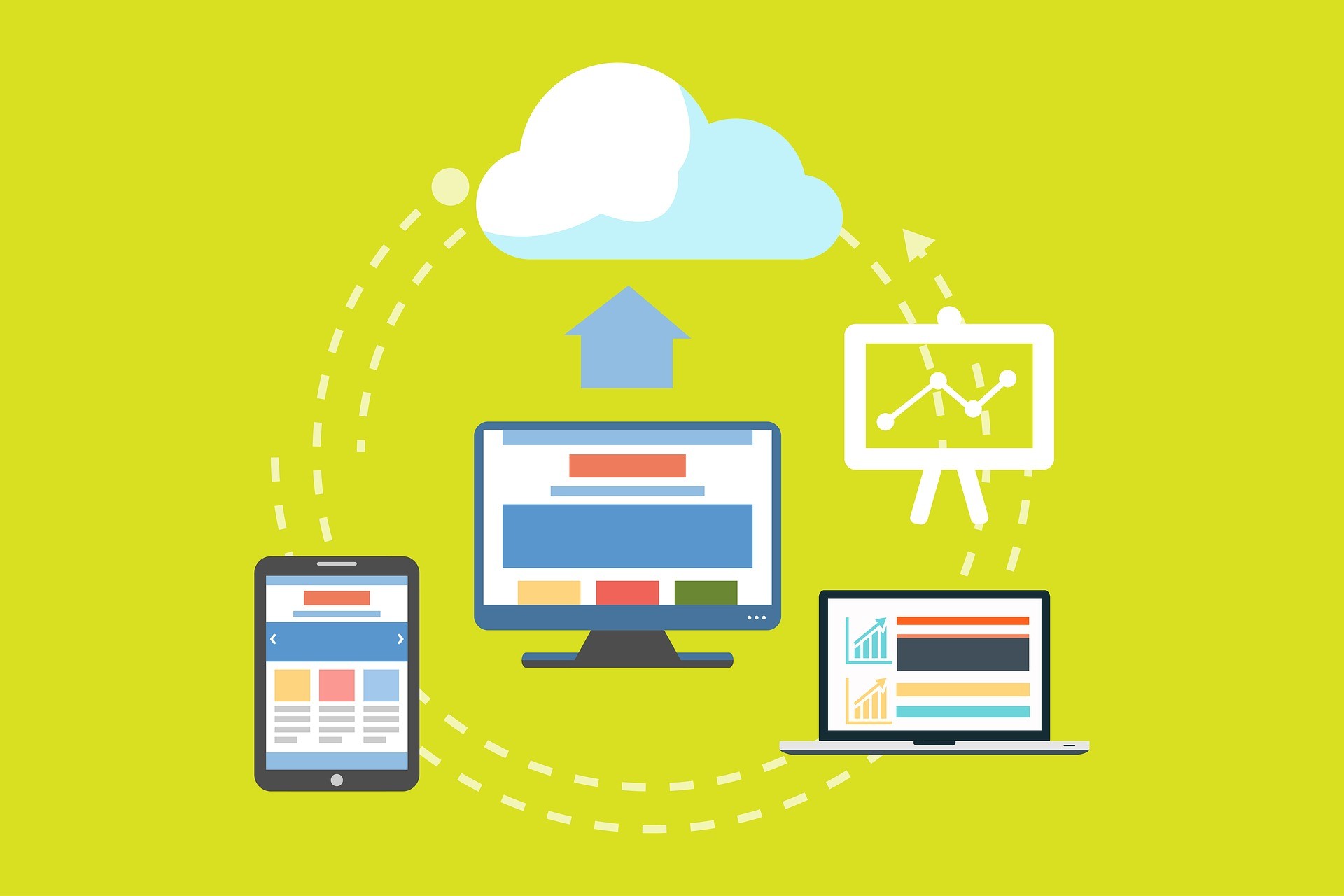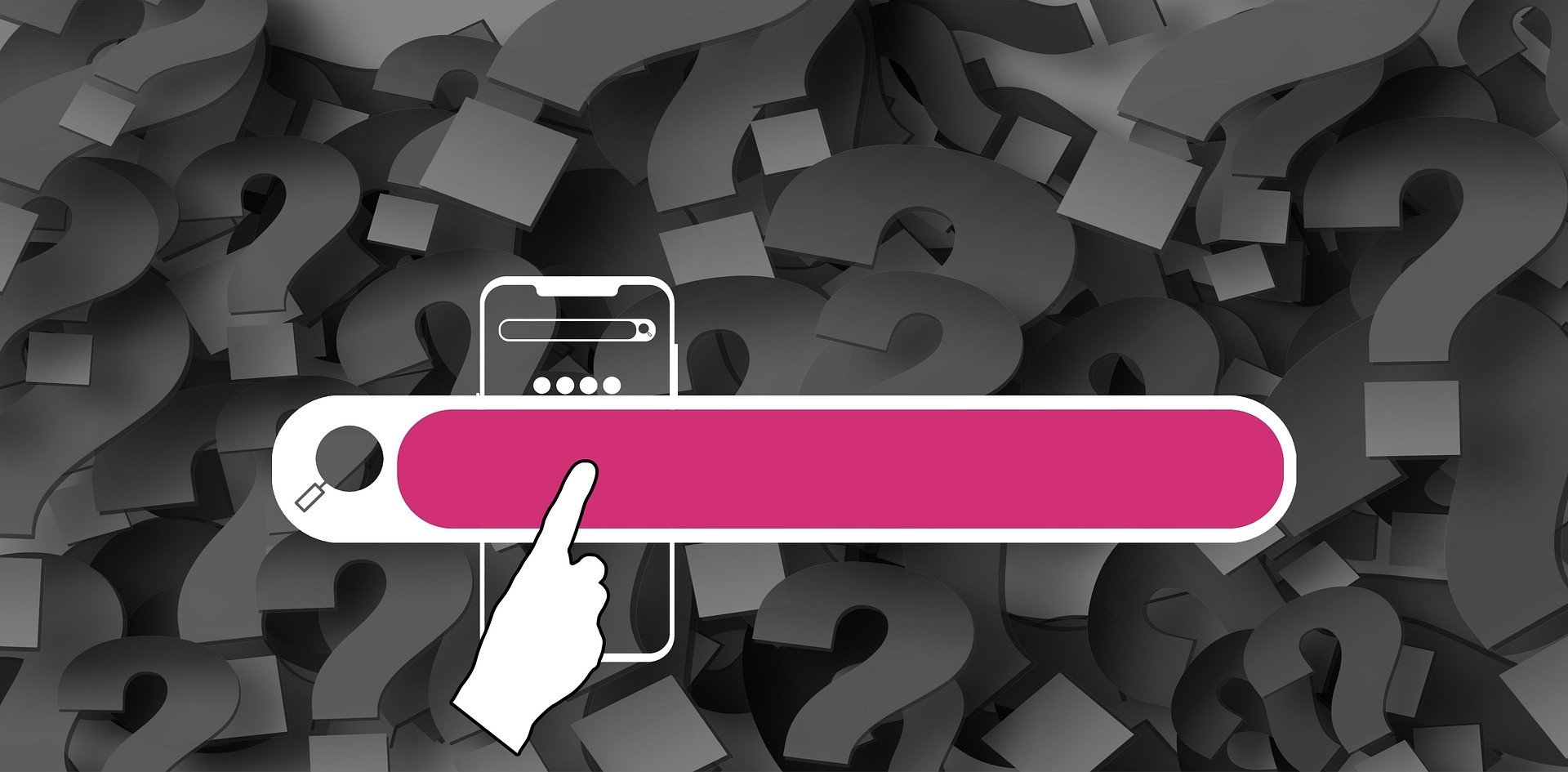Website security is not just a technical necessity but a fundamental aspect of maintaining a trustworthy and reliable online presence. As businesses increasingly rely on the internet to reach customers, store sensitive data, and conduct transactions, the importance of safeguarding websites from potential threats cannot be overstated.
Data breaches, in particular, pose a significant risk to both businesses and consumers. These incidents involve unauthorized access to confidential information, leading to potential financial losses, damage to reputation, and legal consequences. The impact of a data breach can be far-reaching, affecting not just the immediate operations of a business but also its long-term viability and the trust of its customers.
Understanding the nature of website data breaches and implementing robust security measures is crucial for any business operating online. By prioritizing website security, businesses can protect themselves and their customers from the potentially devastating effects of a data breach.
Website Data Breaches
A data breach occurs when unauthorized individuals gain access to confidential information stored on a website or network. These breaches can vary in type and severity, including:
- Credential Theft: Unauthorized access to usernames and passwords.
- SQL Injection: Exploiting vulnerabilities in a website's database to access sensitive data.
- Cross-Site Scripting (XSS): Injecting malicious scripts into a website to steal user data.
- Denial of Service (DoS) Attacks: Overloading a website's server to make it inaccessible, potentially leading to data theft during the downtime.
Several factors can contribute to a website data breach, including:
- Weak Passwords: Easily guessable or commonly used passwords make it easier for hackers to gain access.
- Outdated Software: Failing to update website software can leave known vulnerabilities unpatched.
- Human Error: Mistakes made by employees, such as falling for phishing scams, can lead to breaches.
- Insufficient Security Measures: Lack of firewalls, encryption, and other security protocols can expose websites to attacks.
Some well-known incidents of website data breaches include:
- Yahoo (2013-2014): Over 3 billion user accounts were compromised, making it one of the largest breaches in history.
- eBay (2014): Hackers accessed 145 million user records by compromising employee login credentials.
- Equifax (2017): A vulnerability in website software led to the theft of personal information from approximately 147 million consumers.
Strategies to Prevent Website Data Breaches
As the frequency and sophistication of cyber threats escalate, adopting comprehensive strategies to thwart website data breaches has become paramount for businesses of all sizes.
Regularly Update and Patch Your Website Software
Keeping your website software up-to-date is crucial in protecting against data breaches. Developers often release updates and patches to address known vulnerabilities. By regularly updating your website's content management system (CMS), plugins, and third-party integrations, you can minimize the risk of attackers exploiting outdated software.
Implement Strong Access Controls and Authentication Methods
Controlling who has access to your website and its data is essential. Implement strong access controls by:
- Using strong, unique passwords and changing them regularly.
- Enabling multi-factor authentication (MFA) for added security.
- Assigning user roles and permissions to limit access to sensitive information.
Utilize Encryption for Data Transmission and Storage
Encryption is a critical component of website security. It ensures that even if data is intercepted during transmission or accessed in storage, it remains unreadable to unauthorized individuals. Implement SSL/TLS certificates to secure data in transit, and use encryption protocols to protect stored data, such as customer information and payment details.
Conduct Regular Security Audits and Vulnerability Assessments
Regularly assessing your website's security posture is vital to identify and address potential weaknesses. Conduct security audits and vulnerability assessments to:
- Scan for vulnerabilities in your website's code and infrastructure.
- Assess the effectiveness of your security measures.
- Identify areas for improvement and implement necessary changes to strengthen your security.
Best Practices for Website Security
Maintaining robust website security is not just a precaution—it's a necessity. As cyber threats continue to evolve, it is imperative for businesses to stay ahead by implementing best practices that ensure a secure online environment.
Use Secure Hosting Services
Choosing a reputable and secure hosting service is the foundation of website security. Look for hosting providers that offer:
- Regular security updates and patches.
- Firewall protection and intrusion detection systems.
- 24/7 monitoring and support for security incidents.
Backup Your Website Data Regularly
Regular backups are a safety net in case of a security breach or other disasters. Ensure that you:
- Schedule automatic backups of your website data, including databases, files, and configurations.
- Store backups in a secure, off-site location.
- Test your backups periodically to ensure they can be restored successfully.
Educate Your Team About Cybersecurity
Human error is a common factor in security breaches. Educating your team about cybersecurity best practices can help prevent mistakes that lead to breaches. Provide training on:
- Recognizing phishing and social engineering attacks.
- Following password security guidelines.
- Reporting suspicious activities or security incidents promptly.
Monitor Your Website for Suspicious Activities
Continuous monitoring of your website can help detect and respond to security threats in real time. Implement monitoring tools and practices to:
- Track login attempts, file changes, and unusual traffic patterns.
- Set up alerts for potential security breaches.
- Regularly review logs for signs of unauthorized access or other security issues.
Responding to a Data Breach
Despite the most stringent security measures, the possibility of a data breach can never be entirely eliminated. When faced with this challenging scenario, the efficacy of your response can significantly impact the outcome.
Steps to Take if Your Website Experiences a Data Breach
- Containment: Immediately take steps to contain the breach and prevent further unauthorized access. This may involve taking affected systems offline, revoking compromised credentials, and deploying emergency patches.
- Assessment: Conduct a thorough investigation to determine the scope and impact of the breach. Identify which data has been compromised and the source of the breach.
- Notification: Notify relevant authorities and stakeholders as required by law and industry regulations. Transparency is key in maintaining trust.
- Remediation: Implement measures to address the vulnerabilities that led to the breach. This may involve updating software, enhancing security protocols, and providing additional training to staff.
- Recovery: Work to restore affected services and data, ensuring that your website is secure before going back online.
- Post-incident Review: Analyze the incident to learn from it and improve your security posture. Document lessons learned and update your security policies and procedures accordingly.
How to Communicate with Affected Parties:
- Be Transparent: Clearly explain what happened, the potential impact on affected parties, and the steps you're taking to address the situation.
- Be Timely: Communicate promptly after discovering the breach to allow affected parties to take protective measures.
- Provide Guidance: Offer advice on how affected parties can protect themselves from potential consequences of the breach, such as identity theft or fraud.
Having a well-defined data breach response plan is crucial for several reasons:
- A response plan ensures that you're ready to act swiftly and effectively in the event of a breach.
- A quick and coordinated response can help minimize the damage caused by a breach.
- Many regulations require organizations to have a response plan in place and to report breaches within a specific timeframe.
- Demonstrating a competent and transparent response can help maintain or restore trust with your customers and stakeholders.
By being prepared and responding effectively to a data breach, you can mitigate its impact and protect your website's reputation and the trust of your users.
Safeguarding Your Website
Website security is a critical aspect of any online business. By understanding the nature of data breaches, implementing key prevention strategies, and following best practices, you can significantly reduce the risk of a security incident. Regular updates, strong access controls, encryption, and security audits are essential components of a robust security framework.
However, it's important to remember that website security is not a one-time task but an ongoing process. As technology evolves and new threats emerge, staying vigilant and proactive in your security efforts is crucial. Continuously monitoring your website, educating your team, and staying informed about the latest security trends are key to maintaining a secure online presence.
Ensure your website's security is up to par with a comprehensive audit from our experts by contacting us for a website security audit.




